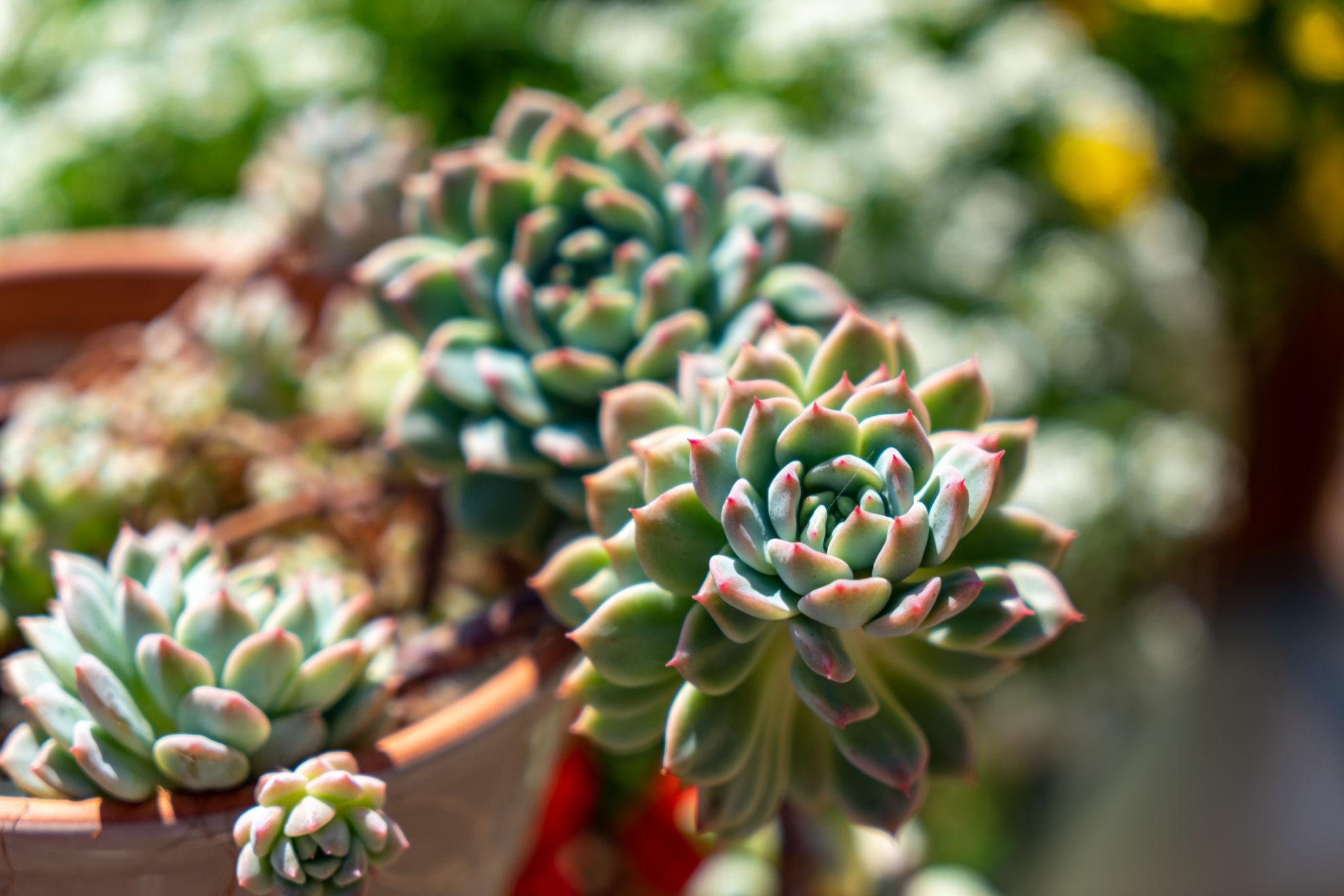Eco-Friendly Landscaping Solutions for Dubai Homes
MA
Introduction to Eco-Friendly Landscaping
In the heart of the Middle East, Dubai is renowned for its luxurious lifestyle and architectural marvels. However, the environmental impact of maintaining such opulence is significant. As sustainability becomes a priority, many homeowners are seeking eco-friendly landscaping solutions to enhance their properties while conserving resources. This guide explores practical and aesthetically pleasing ways to create a sustainable garden oasis in Dubai.
Eco-friendly landscaping not only reduces the carbon footprint but also aligns with the natural desert environment of the region. By adopting sustainable practices, homeowners can enjoy lush gardens without compromising on environmental responsibility.

Choosing Native Plants
One of the most effective ways to create an eco-friendly landscape is by selecting native plants. These plants are well-adapted to the arid climate of Dubai and require less water and maintenance than exotic species. Examples include the Ghaf tree, date palms, and various types of succulents.
Native plants contribute to biodiversity and provide habitats for local wildlife, promoting a balanced ecosystem in your garden. By incorporating these plants, you can enjoy a vibrant landscape that thrives with minimal intervention.
Benefits of Native Plant Selection
- Water Conservation: Native plants are drought-resistant and require less irrigation.
- Low Maintenance: These plants are adapted to local soil conditions and climates, reducing the need for fertilizers and pesticides.
- Support for Local Wildlife: Native flora attracts pollinators such as bees and butterflies.

Efficient Irrigation Systems
Irrigation is a crucial aspect of landscaping in Dubai's desert climate. To ensure sustainability, it's important to implement efficient irrigation systems. Drip irrigation is an excellent choice as it delivers water directly to the roots, minimizing evaporation and runoff.
Smart irrigation controllers can further enhance efficiency by adjusting watering schedules based on weather forecasts and soil moisture levels. This technology ensures that plants receive the right amount of water without waste.
Advantages of Drip Irrigation
- Water Efficiency: Reduces water usage by up to 50% compared to traditional sprinkler systems.
- Targeted Watering: Ensures water reaches plant roots directly, preventing weed growth.
- Cost Savings: Lower water bills due to reduced consumption.

Incorporating Hardscapes
Hardscaping elements like stone pathways, patios, and decorative gravel are essential components of eco-friendly landscaping. These features require no water and provide structure and contrast within your garden. By reducing lawn areas and incorporating hardscapes, you can create outdoor spaces that are both functional and sustainable.
Consider using locally sourced materials to further reduce the environmental impact. Natural stone, sand, and gravel from the region blend seamlessly with the desert landscape while offering durability and aesthetic appeal.
Sustainable Hardscaping Ideas
- Permeable Paving: Allows rainwater to seep through, reducing runoff and replenishing groundwater.
- Solar Lighting: Utilizes renewable energy to illuminate your outdoor space efficiently.
- Recycled Materials: Incorporates repurposed materials for an eco-conscious design.

Conclusion: Embracing Sustainability
Transforming your garden into an eco-friendly haven is both rewarding and impactful. By selecting native plants, implementing efficient irrigation systems, and incorporating hardscapes, you can create a landscape that thrives in harmony with Dubai's unique environment. These solutions not only conserve resources but also add value to your property.
Embrace sustainability by making conscious choices in your landscaping endeavors. The result will be a beautiful garden that stands as a testament to environmental stewardship while enhancing your home's aesthetic appeal.
